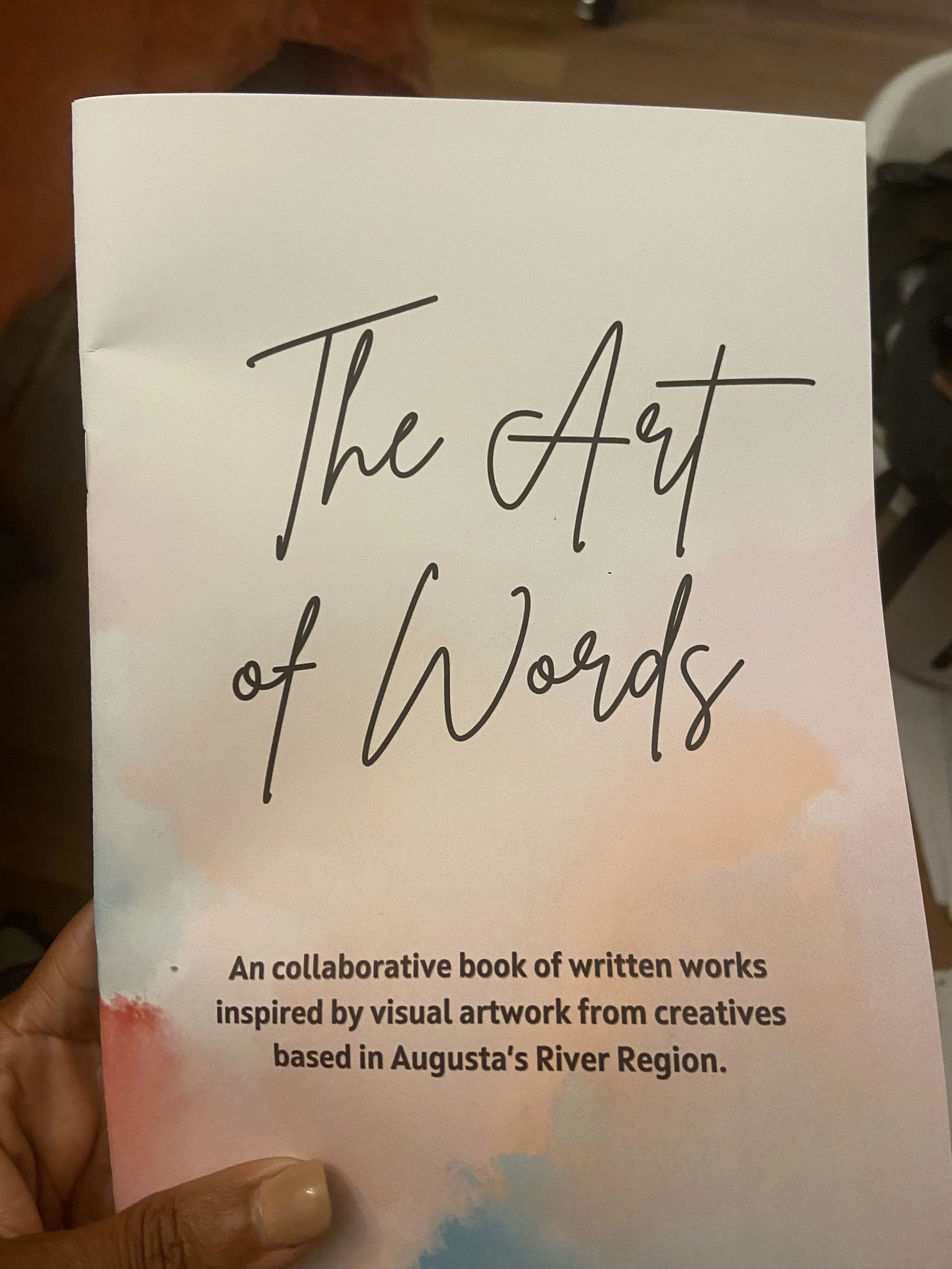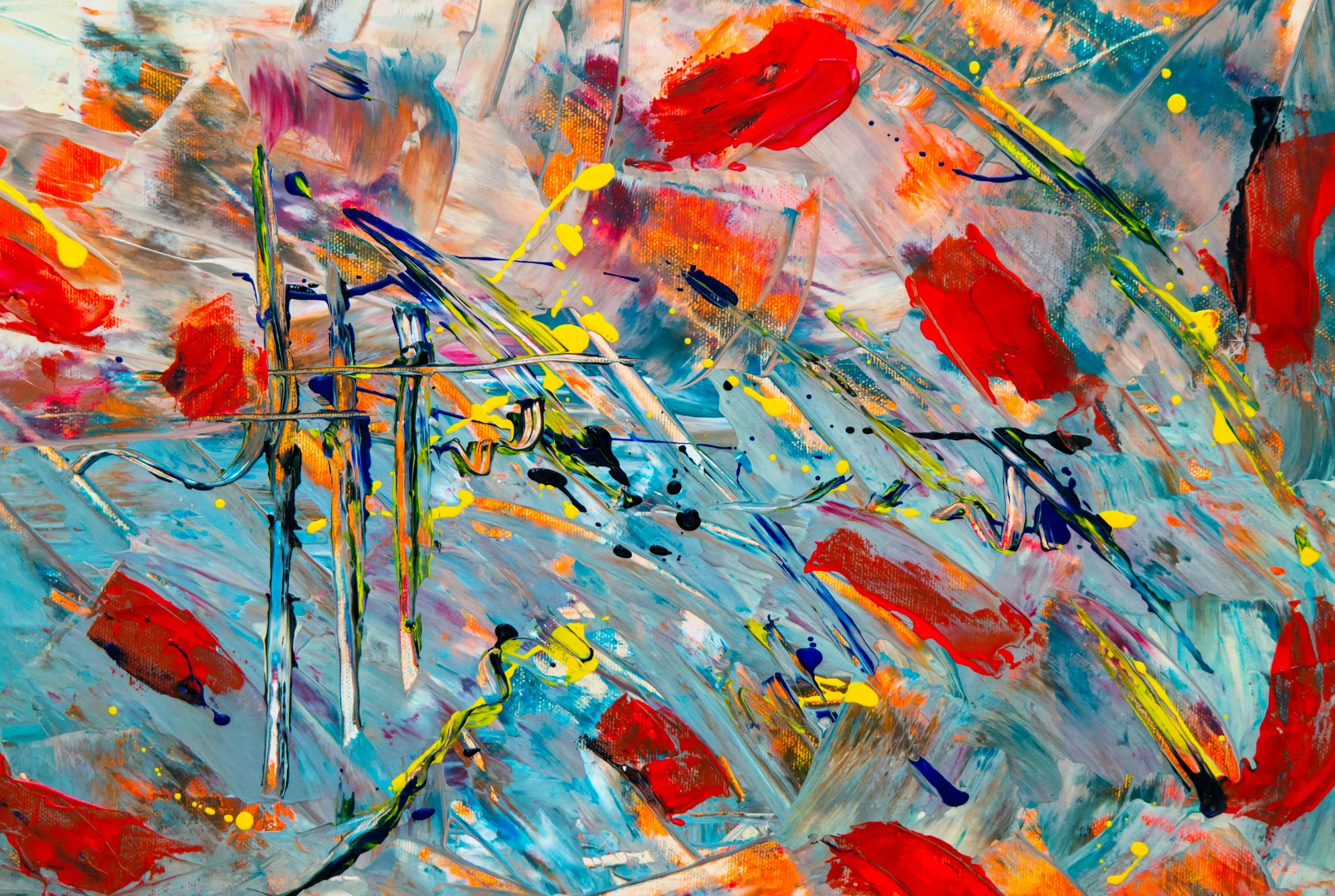Greater Augusta Arts Council members can borrow items for up to five business days — from lighting kits and easels to sewing machines, DJ gear, and pottery tools — all free with your membership. Whether you’re a visual artist, musician, dancer, designer, or creative entrepreneur, this library helps you create, collaborate, and grow.
Read MoreWe’re excited to announce that applications are now open for the Jazz & Blues Stage at the 2025 Arts in the Heart of Augusta Festival—one of the Southeast’s most anticipated cultural events.
We welcome both emerging and established performing artists rooted in jazz, blues, soul, funk, fusion, or related genres. Whether you're an up-and-coming vocalist, a seasoned quartet, or an instrumental collective, we’d love to hear from you
Read MoreThe soulful sounds of summer are making their way back to Downtown Augusta as the beloved Candlelight Music Series returns to the Augusta Common beginning Sunday, May 4th. A tradition that blends music, community, and warm evening skies, the series will light up Sundays through Labor Day weekend —offering a perfect close to your weekend with live music beginning at 7:30 p.m. each week.
Read MoreIf you’re a small farm owner (or dreaming of becoming one), this post is for you. We're sharing how farm-based learning experiences can serve your community and generate a little extra income—without needing to host a full camp every month.
Read More“We’ve walked through fire—figuratively and literally. From health scares to hurricanes, this team and our partners showed up for Augusta every single time,” said Karen Gordon, Director of Growing Augusta. “To everyone working tirelessly in the food access and farmer support spaces, I see you, I thank you, and I celebrate you.”
Read Morea quick chat with Rupert (Open AI)
Read MoreIf you're an artist navigating this challenging journey, you're not alone. With the power of creativity and community, you can find ways to thrive even amidst the storm.
Read MoreCommunity arts and cultural resources may be part of the solution, mobilized in the face of tragedy to help survivors heal. While traditional mental health care is critical, it is also clear that, in times of crisis, people often seek out the arts and creative practices.
Read More“By using different art processes—drawing, painting and ceramics, for example—you can better understand and dive more deeply into your thoughts and feelings,”
Read More







